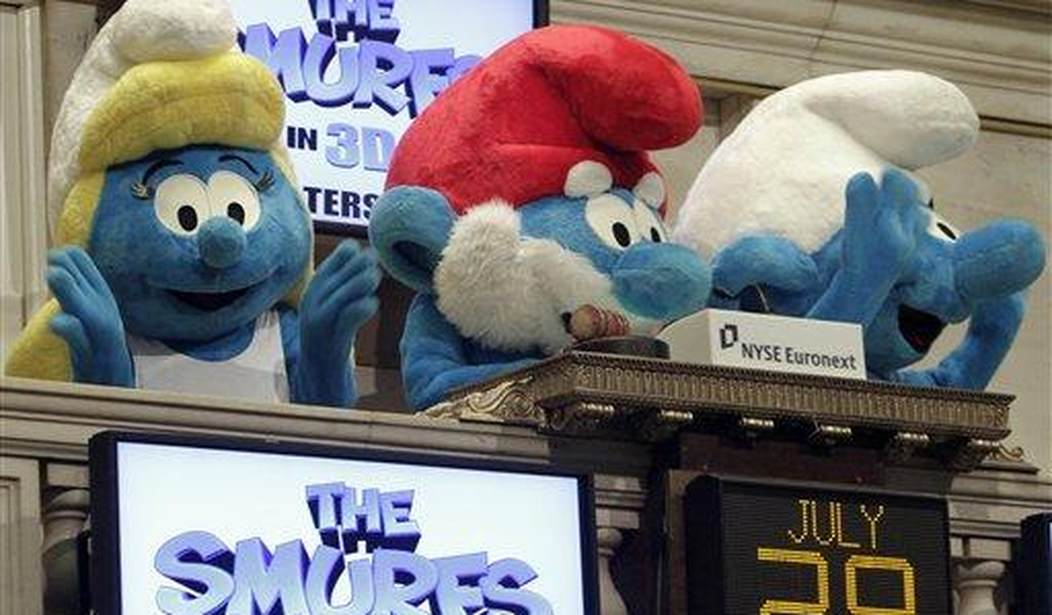In the realm of political fundraising, two major platforms dominate the landscape: WinRed for Republicans and ActBlue for Democrats. These platforms have become essential tools for their respective parties, allowing them to easily raise large sums of money online.
ActBlue, in particular, has been praised for its ability to maximize fundraising efforts for Democratic candidates and progressive causes, processing billions of dollars in donations. However, recent allegations have raised questions about whether ActBlue is following the rules—or engaging in shady practices.
In August 2024, reports emerged that whistleblowers had come forward, accusing ActBlue of violating campaign donation laws. These allegations have prompted the Committee on House Administration, chaired by Representative Bryan Steil (R-WI), to take action.
The committee is urging the Federal Election Commission (FEC) to launch an investigation and enforce stricter rules for political donations made online.
Specifically, the committee has requested that the FEC require campaigns to verify the card verification value (CVV) of donors who contribute online and prohibit the use of gift cards or prepaid credit cards for political contributions.
This request stems from concerns that ActBlue may be engaging in a money-laundering technique known as “smurfing.” Smurfing is a method used to disguise illegal transactions by breaking down large sums of money into smaller amounts that are less likely to trigger regulatory reporting requirements.
Criminals often spread these small transactions across multiple accounts, making it difficult for authorities to detect illicit activity. In the context of political fundraising, smurfing could allow campaigns to receive large sums of money without drawing the attention of financial regulators or law enforcement.
Nineteen state attorneys general have now joined the investigation, launching their own probe into ActBlue’s practices. They have sent a letter to ActBlue’s outside counsel, demanding answers and expressing concerns that the platform may be violating state and federal campaign finance laws. These attorneys general argue that voters deserve transparency in the political process and assurance that the rules are being followed by all parties involved in election-related fundraising.
The potential implications of these allegations are significant. If ActBlue is found to be engaging in smurfing, it would represent a clear violation of the law and could amount to election interference.
The platform’s ability to process large volumes of donations for Democratic candidates and causes has long been seen as a key advantage for the party in the fundraising battle. If those donations are being processed illegally, however, it could undermine the integrity of the political system and lead to severe consequences for those involved.
The attorneys general are particularly concerned with whether ActBlue has solicited, processed, and made donations in compliance with both campaign finance laws and consumer protection regulations. They have set a deadline of October 23, 2024, for ActBlue to provide answers. This timeline is crucial, as it gives investigators ample time to pursue any necessary legal action before Election Day.
The investigation could have far-reaching consequences for ActBlue, the Democratic Party, and the broader political landscape. ActBlue has long been hailed as a revolutionary platform for grassroots fundraising, enabling small-dollar donations to flow to Democratic candidates and progressive causes.
It has processed billions of dollars in donations over the years, playing a key role in helping Democrats compete with Republicans in national elections.
However, if these allegations of smurfing are proven true, it could lead to a major scandal and cast a shadow over the legitimacy of ActBlue’s fundraising efforts. The use of smurfing to launder political donations would not only violate campaign finance laws but also erode public trust in the fairness of elections.
It is worth noting that these allegations have not yet been proven, and ActBlue has not been formally charged with any wrongdoing. The platform’s representatives have not publicly commented on the investigation thus far. However, given the attention from both Congress and state attorneys general, it seems likely that the issue will continue to be a point of controversy in the lead-up to the 2024 election.
In the meantime, the investigation into ActBlue is a reminder of the importance of transparency and accountability in the political process. As digital fundraising continues to play a central role in American elections, ensuring that all parties follow the rules is essential to maintaining the integrity of the electoral system.
Whether ActBlue is ultimately found guilty of smurfing or not, the probe serves as a warning to all political campaigns about the need to adhere to campaign finance laws.
